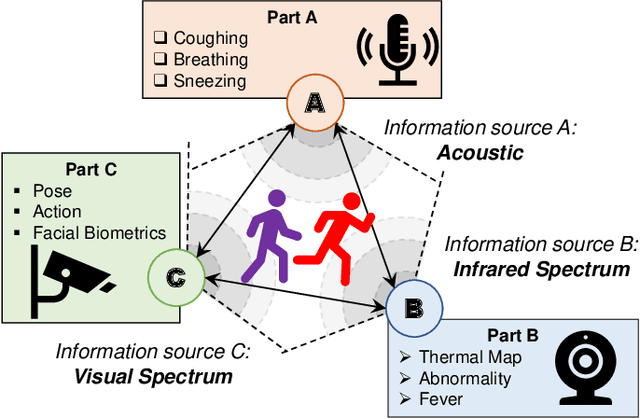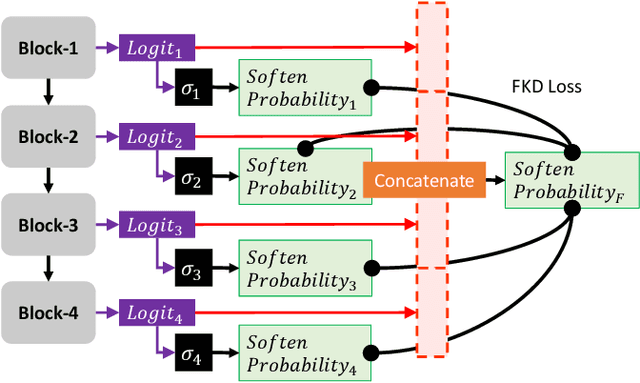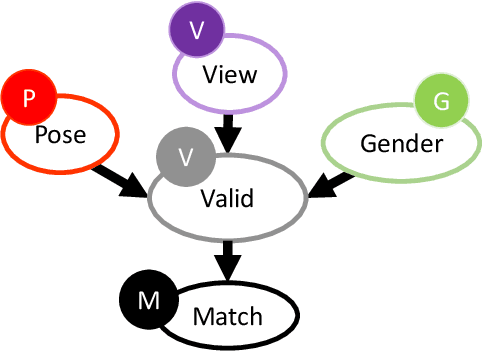Decision Support for Video-based Detection of Flu Symptoms
Paper and Code
Aug 24, 2020



The development of decision support systems is a growing domain that can be applied in the area of disease control and diagnostics. Using video-based surveillance data, skeleton features are extracted to perform action recognition, specifically the detection and recognition of coughing and sneezing motions. Providing evidence of flu-like symptoms, a decision support system based on causal networks is capable of providing the operator with vital information for decision-making. A modified residual temporal convolutional network is proposed for action recognition using skeleton features. This paper addresses the capability of using results from a machine-learning model as evidence for a cognitive decision support system. We propose risk and trust measures as a metric to bridge between machine-learning and machine-reasoning. We provide experiments on evaluating the performance of the proposed network and how these performance measures can be combined with risk to generate trust.
 Add to Chrome
Add to Chrome Add to Firefox
Add to Firefox Add to Edge
Add to Edge